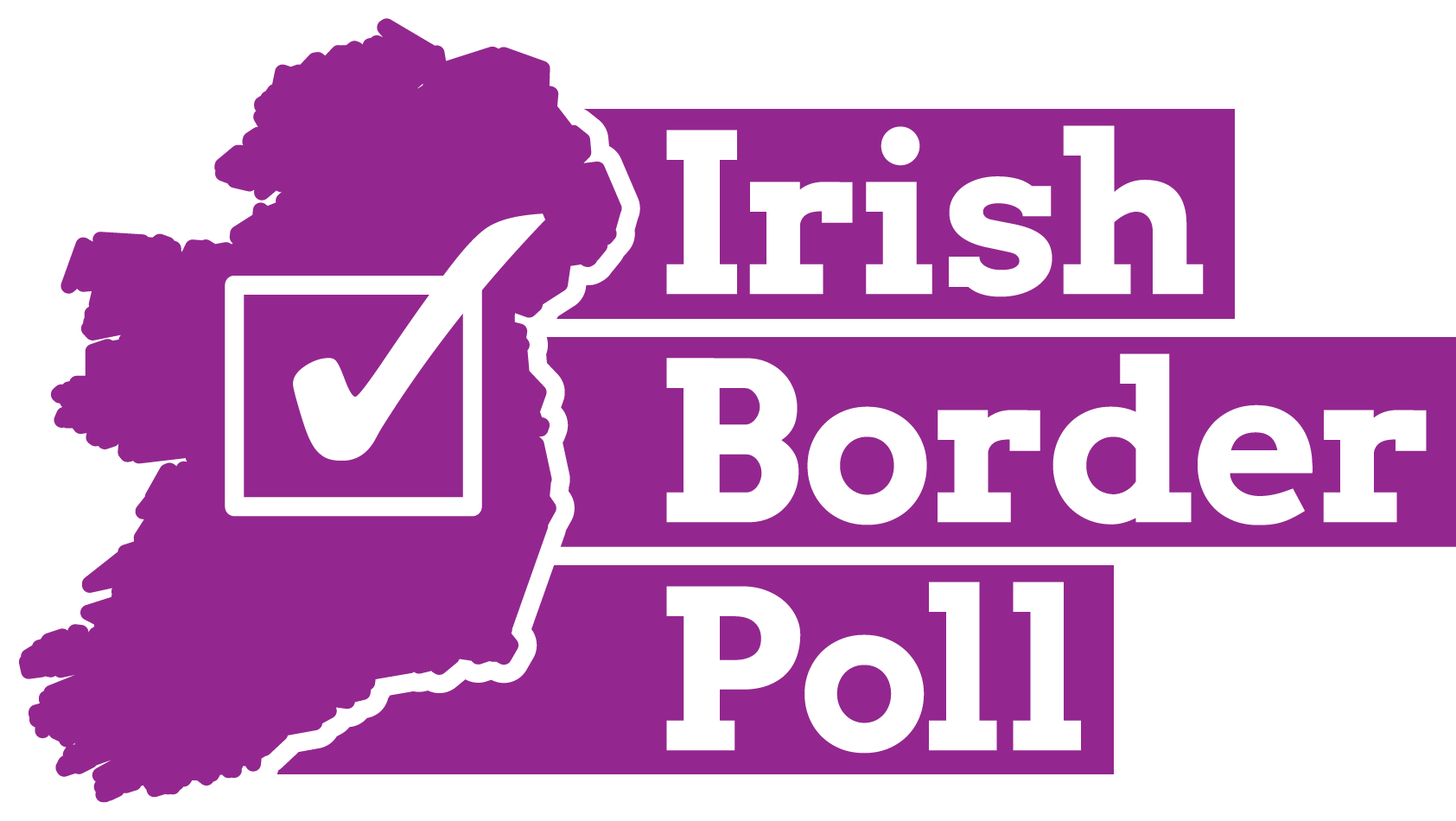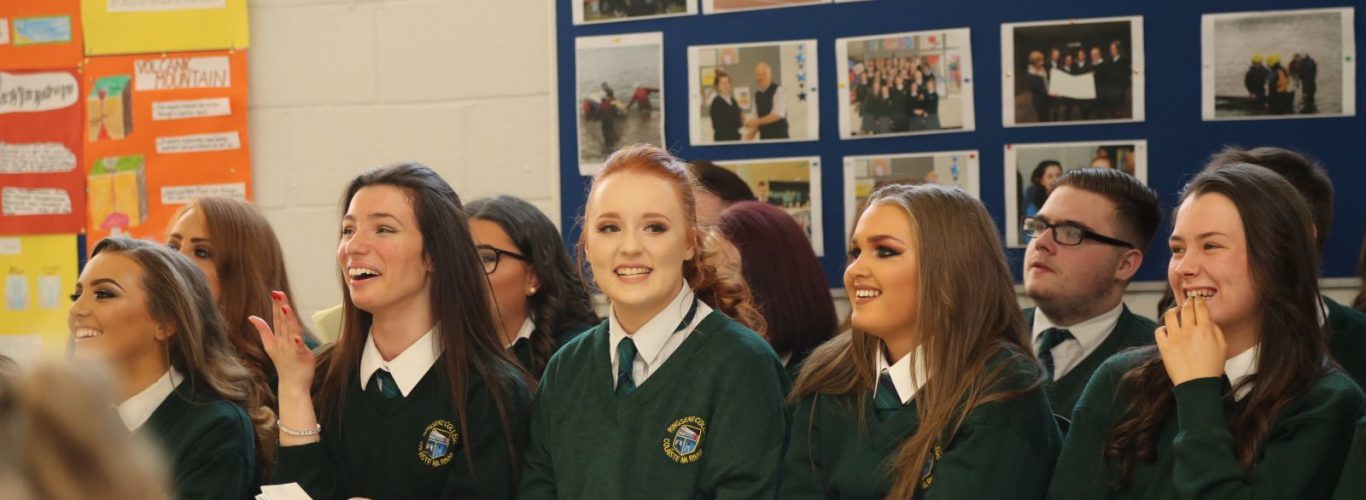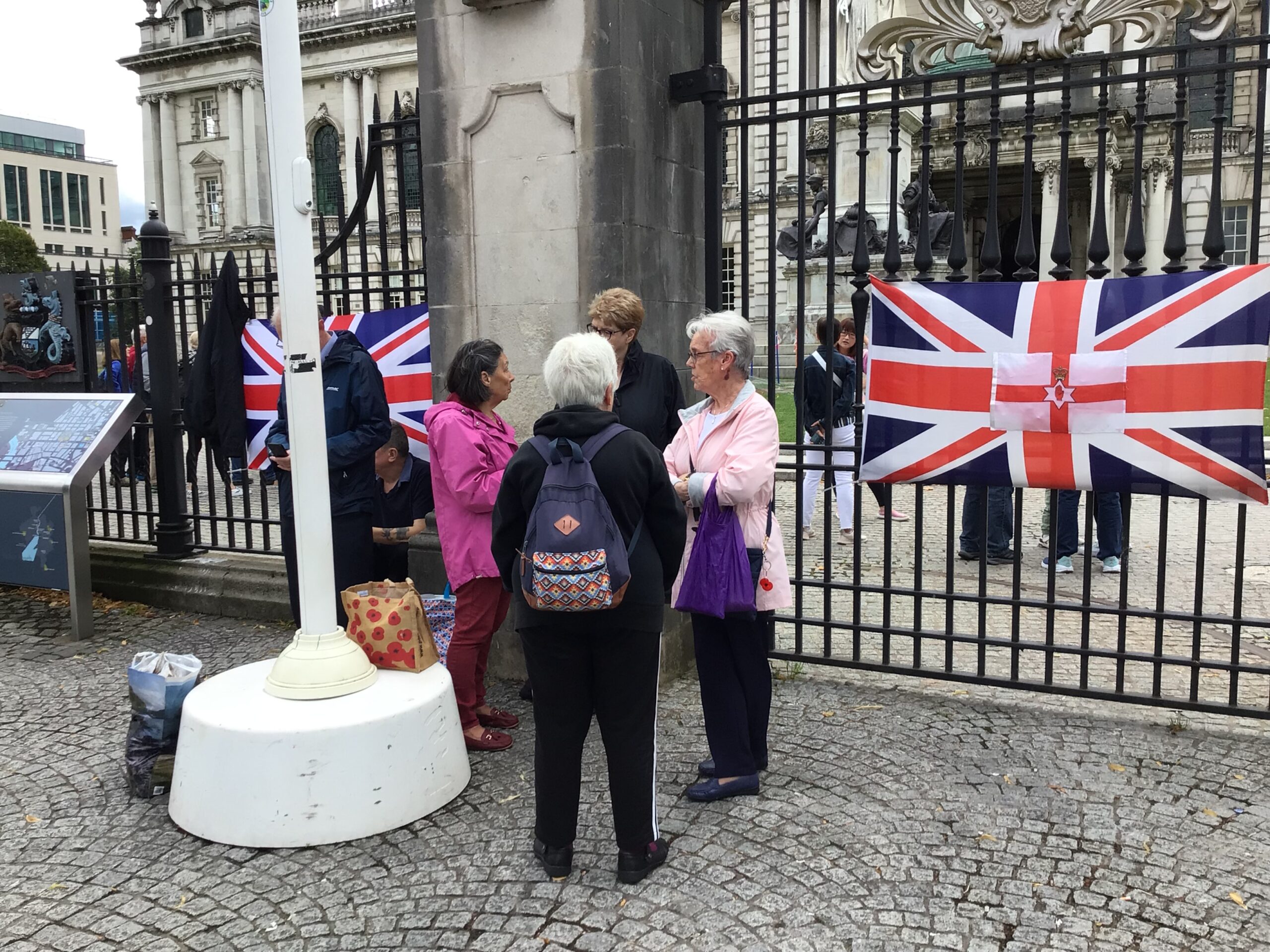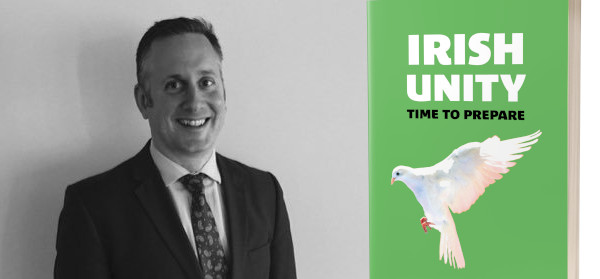Irishborderpoll today launches a new series of articles on ‘Imagining the new Ireland’. We hope to feature a diverse range of people from all walks of life, many of them writing for the first time about subjects close to their hearts. Here teacher Sean Walsh argues for an education system which draws upon the best that has been thought and said.
A United Ireland: reality or dream the topic is no longer graffiti tagged on walls across Dublin, Belfast or Derry. Pundits, economists, politicians, and everyone else now has to address what is becoming more and more prevalent post Brexit. I cannot fathom the complexity of Unification, the political, religious and cultural differences within the communities in Northern Ireland alone will make such a task Herculean in nature. The cynics will argue both North and South are not ready for a United Ireland for ‘obvious’ reasons but the great thing about a United Ireland is what it could be. I am not an economist, politician or pundit. I am a teacher. Something I say with a small degree of pride. The prospect of a United Ireland provides educators, parents, and of course children with an amazing opportunity to reshape and refocus what we want education in Ireland to be or rather what it could be?
I finished my teacher training (History and English) in the Republic nine years ago – making me relatively experienced by Republic standards and a veteran by UK standards. I have taught in both systems and there are obvious pros and cons to both. The Irish system provides a breadth of knowledge all the way to Leaving Certificate/A level while the UK system offers enormous subject choice but forces students to unnecessarily narrow it to just three subjects by age 16. Unfortunately the UK at the moment has a recruitment crisis, every year several articles are spread across major Newspapers – one out of four, one out of three, one out of five – teachers leave the profession in the first five years. By comparison the opposite is the case in the Republic of Ireland. There is an overabundance of teachers, why? It is a safe job, good pay, incredibly strong unions and by comparison there is a greater level of respect for the profession in the Republic (although the most recent industrial action may have marred this).
Why do we extol the values of education? The majority will argue a good education brings prosperity and wealth i.e. a good job. The most fantastic by-product of education is social mobility. Social mobility is what every savvy politician argues what education is for. It is why UK schools are measured on their ‘Progress 8’ scores (a statistic that measures how much a school improves a child’s predicted grade based on their background, gender, marital status of their parents and how well they did in primary school exams) a noble goal designed to ensure no student is left behind or affected by environments beyond their control. It is however an incredibly blunt tool that serves to create a system which commodifies education. Make no mistake education is now a commodity – it serves as the sole motivator for Headmasters, Principals and Head Teachers in both countries. League tables, CAO (central applications office for Republic universities) points, UCAS (Universities and colleges admissions service UK) all create a system where the teacher is not an educator but a coach and drill instructor teaching to the test. I say that with the knowledge that I am also a drill instructor. I know what exam boards want and I drill my students in how to get a good grade. Why wouldn’t I? I want all of my students to do well. No teacher worth their salt would want a student to fail. Schools have become a place where students get a piece of paper so they can go to another place to get a better piece of paper. This commodification has become even more obvious in the pandemic. I feel like a shopkeeper with a limited amount of As, Bs and Cs to give to my students. All of this in the name of social mobility. Social mobility is good and the more educated you are the greater your life will be – statistics prove this – but it should not be the goal of education.
With the opportunity to create a brand new system we could create and promote a system of education where the value is placed on the education not the outcome. To foster or reignite a love of learning, students should be involved in as many subjects as possible for as long as possible. What I quite like about some schools in the Republic is Transition year – a year between Junior Certificate/GCSE and A-level/Leaving Certificate. When done well, this is a year of enrichment, exposing students to a myriad of subjects, trips, crafts etc. All geared toward broadening their knowledge base and helping them decide where to focus study in future. For example take an event like the French revolution and imagine studying it not just for its historic impact but the broader cultural impact: literature, art, geography, politics, philosophy – a truly cross-curricular collaboration with all subjects, colleagues engaging and working with each other and breaking down the compartmentalisation that students fall into a truly broad approach to education.
Subjects should not be forced to compete with each other on the basis of ‘what job can I get’ with Geography or Art. Subjects should be taught on the basis that all education no matter what subject it is will be its own reward. We should instill the virtues of a broad education and social mobility will follow. Universities will have engaged, intelligent students who could draw on a wealth of knowledge not just a narrow lens designed for a future job they assume they’ll enjoy. We should treat education as wealth not a means to obtain wealth.
We also need to be honest with ourselves and accept that some students are not meant for academic education to 18 years of age. Forcing students through 18 years of solid academic education, like all things introduced by the government, was a noble ambition but it simply is not working. Apprenticeships, technical colleges’ trade schools are not a lesser form of education or limit the life chances of those enrolled. They should be seen as real viable options for students who simply do not want to or cannot engage with the more academic subjects.
So what would this dream system look like to a teacher? I could confidently say that my fellow colleagues would argue for smaller class sizes, more pay, more autonomy, a greater focus on enriching their subjects rather than chasing grades. Difficult to do when the UK is in the midst of a recruitment crisis but that crisis is generated by stress, workload and exam pressure. If we manage to foster a true environment for subject specialists to thrive and teach what they love recruitment will not be an issue. Being a teacher will not be seen as something to do when you leave University with a degree in History – it will be a vocation with which all will be devoted to.
I am aware how naive and self-righteous this all sounds but why aim for safe? You would not want me teaching your students to be mediocre so why should we accept a mediocre system? Better to strive for what could be than wallow in the quagmire of cynicism. I ask you to think of what could be… an entirely new system across the whole island that promotes education for education’s sake and fosters a new set of values and goals for children all across the new country. So please stop tripping over ‘what abouts’ and instead imagine what could be…
Sean Walsh is Head of History at a local Hertfordshire school on the outskirts of London. A County Cavan native, he completed his BA double honours degree, MA and PGDE in NUI Maynooth. He has taught in a number of schools, from schools in his home County of Cavan, Hampshire, Dublin and now Hertfordshire where he teaches with some degree of pride.
If you would like to contribute to ‘Imagining the new Ireland’ in relation to a subject you feel strongly about, please get in touch at [email protected].




